June 27, 2024
Kristin Charisse C. Siao, Carlo Augustine A. Roman The global push toward Environmental, Social, and Governance (“ESG”) practices in businesses of all sizes has seen rapid growth in recent years, with the Philippines being no exception to this growing movement. More and more, industry leaders and model organisations across the local business landscape have placed increasing emphasis on non-financial metrics that address critical social and environmental issues, with an eye toward making sure that business practices and investments will continue to be sustainable not merely on the basis of the balance sheet, but also society as a whole. Truly, investors in both the Philippines and abroad have become keener toward focusing on not just mere economic growth, but inclusive, balanced, and sustainable growth that can be maintained in the longer term. With this in mind, legislators and regulators in the Philippines have slowly but surely adjusted to the growing call for ESG monitoring and enforcement. As such, it is slowly becoming impossible for businesses to ignore social and ethical considerations when running their day-to-day affairs in this jurisdiction. Sustainability Reporting Guidelines for Publicly Listed Companies Consistent with global ESG trends and the push toward greater transparency for non-financial and sustainability issues –particularly in the present economic climate which prioritises environmental and social impact of businesses more than ever – the Securities and Exchange Commission (“SEC”) published Memorandum Circular No. 4, Series of 2019, or the “Sustainability Guidelines for Publicly Listed Companies (“PLCs”)” (the “SEC Sustainability Guidelines”), in order to help PLCs assess and manage non-financial performance across economic, environmental, and social aspects of their organisation. The reporting guidelines aimed... June 27, 2024
Manufacturing Firms in Taiwan Increase R & D Spending The Ministry of Economic Affairs released data for 2023 showing listed manufacturing companies accelerated their research and development spending to a record high of NT 692.7 billion dollars in the face of a dip in sales and profits. The spending was up 2.9% from 2022, driven mainly by expenditures by those in the electronic parts, computer products and optical components industries. Companies in the electronic components sector spent NT 450.7 billion dollars on R & D last year, up 2.2% and accounted for 65.1% of overall spending, while those in the computer products and optical components sector spent NT 158 billion dollars, up 4% and contributing 22.8% of the total. In terms of individual companies, global foundry giant Taiwan Semiconductor Manufacturing Co. (TSMC) headed the list with R & D spending of NT 178.7 billion dollars, up 11.1% from 2022 and accounted for 25.8% of the total. Smartphone chip designer MediaTek Inc. came in second with spending of NT 80.6 billion dollars and networking chip designer Realtek Semiconductor Corp. was in third place at NT 20.1 billion dollars. Despite the inclement economic weather, firms in Taiwan have still been developing technologies to maintain their leading edge in the market. Summary of Operating Procedures for Accelerated Examination of Trademark Applications in Taiwan The Trademark Act was amended last year to cater to those who needed an accelerated examination of their trademark application. The amendment came into effect on May 1, 2024. To help applicants prepare for the accelerated examination, the Operating Procedures for Accelerated Examination of Trademark Applications were announced on... June 11, 2024
Welcome to the latest edition of the IHC Magazine which is directly distributed to over 40,000 legal professionals including more than 17,000 in-house counsel in Asia and Middle East. In this edition of the IHC Magazine, we delve into a topic of increasing importance and relevance in the legal landscape: Environmental, Social, and Governance (ESG) criteria. As the world rapidly evolves, ESG considerations are becoming integral to business operations, risk management, and strategic planning, making it essential for legal professionals to stay informed and adept in these areas. June 10, 2024
AGI Legal, associate firm of Allen & Gledhill and member of the Allen & Gledhill network known as A&G Asia, opens in Indonesia on May 27, 2024 at The Langham Hotel in Jakarta, with Dr Sandiaga Uno, Indonesia’s Minister of Tourism and Creative Economy, as the Guest-of-Honour. Also witnessing the opening ceremony was Mr Terrence Teo, Deputy Chief of Mission of the Embassy of the Republic of Singapore in Jakarta. AGI Legal is fully licensed to provide Indonesian legal advice. Based in Jakarta, the AGI Legal team includes Partners Kevin Sidharta, Elsie Hakim, Giffy Pardede and Aris Budi Prasetiyo, as well as Foreign Counsel Oene J Marseille, who have extensive years of experience in the Indonesian market. With the establishment of AGI Legal, A&G Asia is well-positioned to provide clients with Indonesian legal advice that is based on sound local knowledge and international best practices. AGI Legal will also be able to tap on the rich expertise of A&G Asia, comprising over 600 lawyers and over 120 years of experience in Asia. “We are excited to have this opportunity to expand our regional capabilities to better serve our clients across the region. We hope to contribute to the growing success of Indonesia by facilitating investments into the country, as well as helping Indonesian companies navigate the complex regulatory and legal landscapes of key markets in Asia and beyond.”, said Mr Jerry Koh, Managing Partner of Allen & Gledhill. A&G Asia is committed to its mission of providing clients with unmatched legal services in the region, and will continue to give its best in ensuring seamless end-to-end service across jurisdictional... May 29, 2024
By, Vaibhav Saxena, Foreign Counsel Vietnam International Law Firm (VILAF) Hanoi, April 1, 2024 – Vietnam’s power sector is set to maintain its momentum with the initiation of the Prime Minister’s Decision No. 262, promulgating the “PDP-8 Implementation Plan”. This plan lays down the groundwork for the Decision No. 500 (“PDP-8”) of the Prime Minister, which was dated May 15, 2023. The PDP-8 Implementation Plan aims to achieve balanced development of power sources across the regions, ensuring supply-demand parameters. It also focuses on maintaining feasibility, synchronization, and flexibility among various power sources and grid development. The plan is committed to tracking progress and resources for implementing priority schemes and projects on refining policies and strengthening the scientific and technological capacity of the entire power industry, with a forecasted land requirement for 90.3 thousand ha by 2030. Power Sources by 2030 The plan outlines a diverse mix of power sources by 2030, including domestic gas, LNG, coal, co-generation, hydropower, and renewable energy sources such as wind, hydro, biomass, and solar. The total capacity of these sources is expected to reach significant figures, with coal and hydropower leading the way. Source Total Capacity (MW) Prioritised power sources Domestic Gas 14,930 LNG 22,400 Coal 30,127 Co-generation (residual heat and flue gas) 2,700 Hydropower (medium and large) 29,346 Pumped Storage Hydropower 2,400 Renewable energy (RE) Offshore Wind 6,000 Onshore Wind (incl. nearshore) 21,880 Small Hydro 29,346 Biomass 1,088 Waste-to-Energy 1,182 Rooftop Solar (off grid) 2,600 Battery Storage (hybrid power sources prioritised) 300 Other Power Sources Flexible 300 Import (Laos) 5,000 – increase upto 8,000 RE Export (central and south) 5,000 – 10,000 RE... Upcoming Events
Recent Past Events




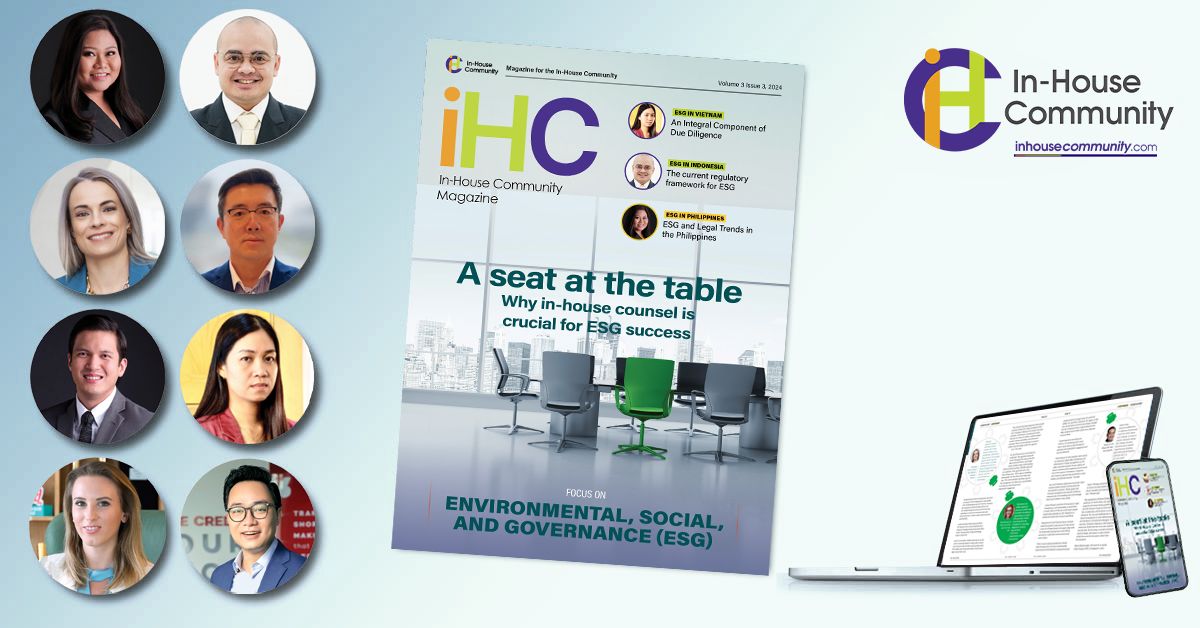

 Vietnam International Law Firm (VILAF-Hong Duc)
Vietnam International Law Firm (VILAF-Hong Duc)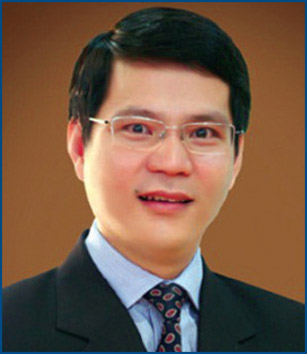 Ngoc Anh Bui
Ngoc Anh Bui Tung Ngo
Tung Ngo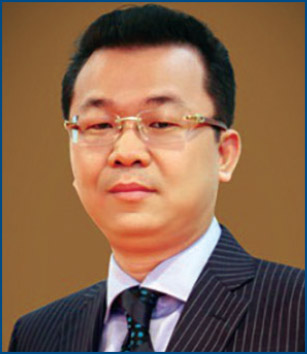 Anh Dang
Anh Dang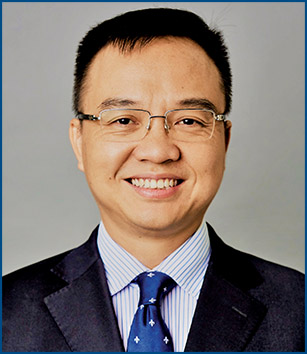 Phong Tran
Phong Tran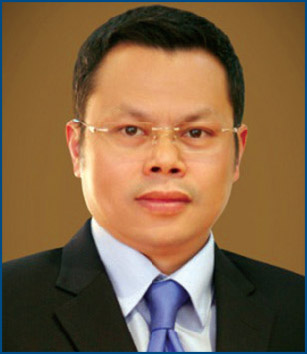 Linh D. Nguyen
Linh D. Nguyen Quynh Pham
Quynh Pham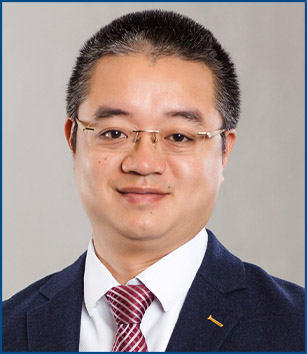 Trung Vu
Trung Vu Hien Truc Nguyen
Hien Truc Nguyen Hung Q. Nguyen
Hung Q. Nguyen Hao Nguyen
Hao Nguyen Duyen Ha Vo
Duyen Ha Vo Hien Tran
Hien Tran Ha H. Luu
Ha H. Luu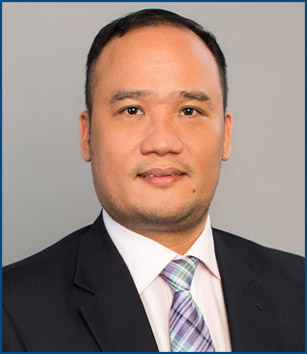 Ngoc Luong Trinh
Ngoc Luong Trinh




